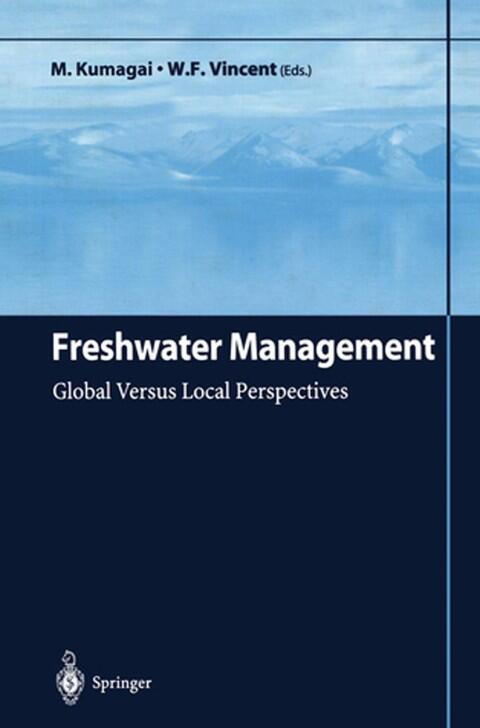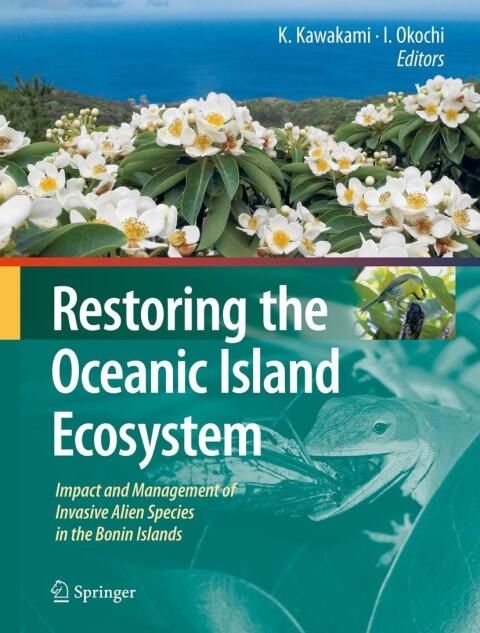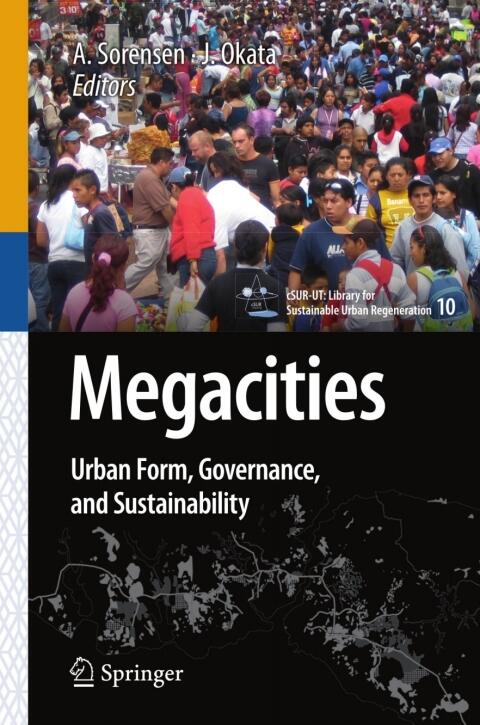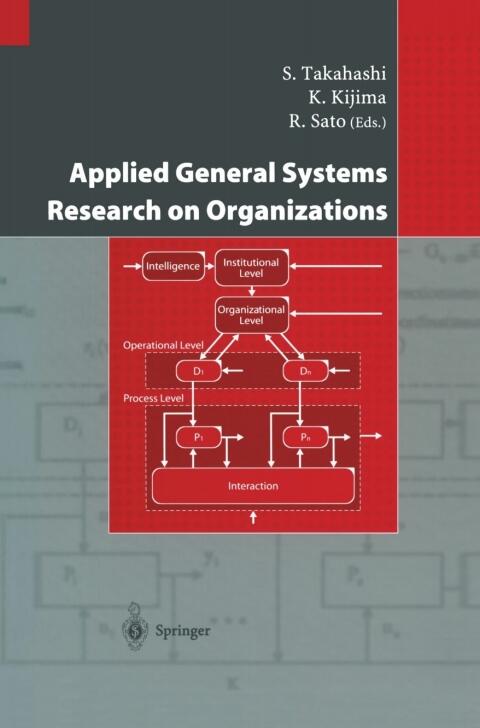
Freshwater Management: Global Versus Local Perspectives
by
M. Kumagai; W.F. Vincent
No ratings yet
Science & Technology
Health & Wellness
Format
Kindle
Pages
349
Language
Japanese
Published
Jan 1, 2012
Publisher
Springer
Edition
1
ISBN-10
4431684360
ISBN-13
9784431684367
Description
In a world increasingly interconnected through globalization, the delicate issue of freshwater management emerges as a critical topic of study. The authors explore how globalized trade and economic policies influence local water resources and management practices. By juxtaposing broad international frameworks against localized strategies, they highlight the intricate balance between global imperatives and local realities in water governance.
The text delves into various case studies, demonstrating the profound impact of global capital markets and investment patterns on freshwater access and sustainability. It raises vital questions about the adequacy of current management practices in addressing the specific needs of communities that rely on these essential resources. The authors provide insights into the challenges these communities face, often exacerbated by external pressures.
Through their analysis, Kumagai and Vincent invite readers to reconsider conventional approaches to water management by advocating for a more integrated perspective that honors local voices while recognizing the implications of global trends. This compelling examination opens pathways for dialogue and solutions that harmonize local needs with global responsibilities.
The text delves into various case studies, demonstrating the profound impact of global capital markets and investment patterns on freshwater access and sustainability. It raises vital questions about the adequacy of current management practices in addressing the specific needs of communities that rely on these essential resources. The authors provide insights into the challenges these communities face, often exacerbated by external pressures.
Through their analysis, Kumagai and Vincent invite readers to reconsider conventional approaches to water management by advocating for a more integrated perspective that honors local voices while recognizing the implications of global trends. This compelling examination opens pathways for dialogue and solutions that harmonize local needs with global responsibilities.
Reviews
Reading Log
No reading logs found
Start tracking your reading progress to see logs here
Add Your First Reading LogNotes
Transaction Log
No transaction logs found
Start tracking your book transactions to see logs here
Add Your First Transaction Log


















